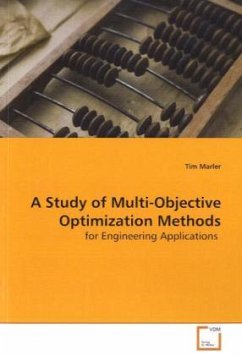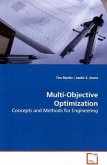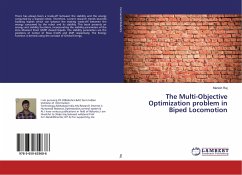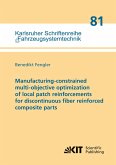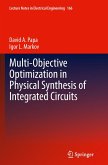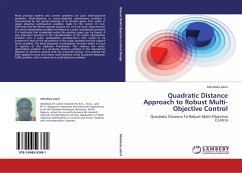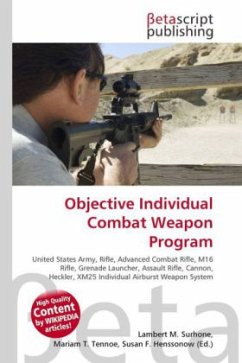Engineering design often requires that one consider
multiple criteria; pursuing just one objective can be
insufficient. The process of optimizing a collection
of objective functions is called multi-objective
optimization, and it necessitates the use special
optimization methods. Potential applications for even
the most fundamental and common methods span a
variety fields. Consequently, the significance of any
contribution to this process is far reaching, with
implications in terms of computational problem
solving and in terms of conceptual decision-making.
However, the study of fundamental methods has been
deficient. Critical information concerning the
significance of method-parameters, the effect of
formulation variations, and guidelines for effective
use has been unrevealed, and drawbacks of different
methods have not been explored. This work responds
to these deficiencies on three levels: 1) qualitative
assessment, 2) analysis with consequent enhancements
and guidelines, and 3) application to significant
problems. New in-depth analysis reveals useful
insight into how the methods work, fosters new
methods, and provides method augmentation that
improves performance.
multiple criteria; pursuing just one objective can be
insufficient. The process of optimizing a collection
of objective functions is called multi-objective
optimization, and it necessitates the use special
optimization methods. Potential applications for even
the most fundamental and common methods span a
variety fields. Consequently, the significance of any
contribution to this process is far reaching, with
implications in terms of computational problem
solving and in terms of conceptual decision-making.
However, the study of fundamental methods has been
deficient. Critical information concerning the
significance of method-parameters, the effect of
formulation variations, and guidelines for effective
use has been unrevealed, and drawbacks of different
methods have not been explored. This work responds
to these deficiencies on three levels: 1) qualitative
assessment, 2) analysis with consequent enhancements
and guidelines, and 3) application to significant
problems. New in-depth analysis reveals useful
insight into how the methods work, fosters new
methods, and provides method augmentation that
improves performance.

